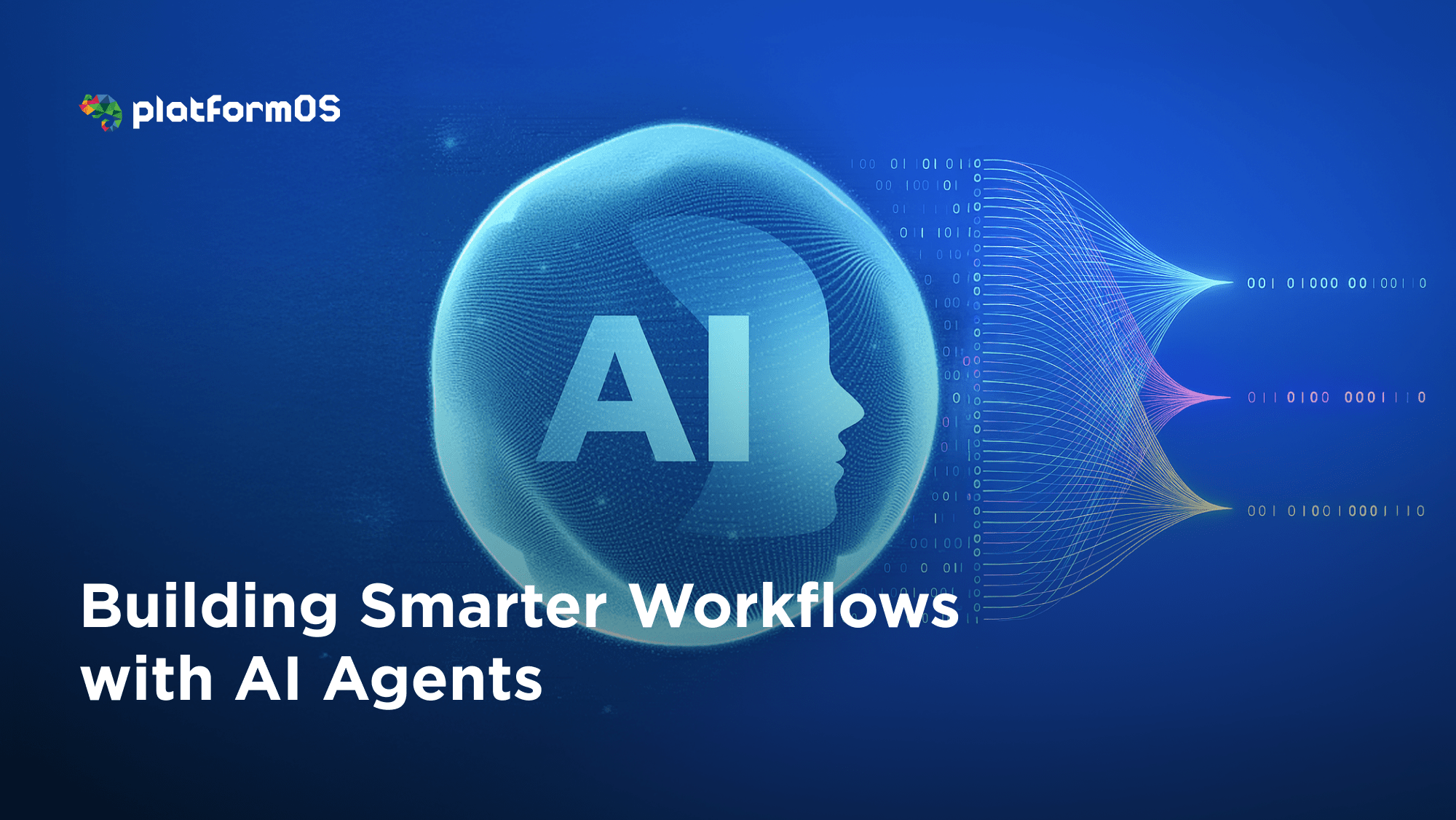





Product teams today face a mounting paradox: they’re under constant pressure to move faster and think more strategically, yet they remain bogged down by fragmented systems, manual updates, and repetitive coordination tasks. It’s a drain on time, energy, and ultimately innovation.
Agentic AI, the next evolution of automation, is changing that.
Unlike traditional tools that wait for prompts, AI agents can reason through context, take initiative, and operate autonomously across multiple tools. They’re not just assistants; they’re proactive teammates. They ingest strategic goals, analyze real-time signals, and act on insights, without requiring human handoffs at every step.
But here’s the catch: truly useful AI agents don’t work in isolation. They require infrastructure that can orchestrate data, provide secure access to context, and scale with complexity. That’s where platformOS comes in.
The shift from passive automation to agentic workflows demands more than just adding GPT to a chatbot. These systems need to:
Access structured product knowledge (OKRs, roadmaps, strategy docs)
Connect to APIs and third-party systems for live data
Retrieve, act, and iterate across tools
Securely scale across departments and teams
At platformOS, we’ve built our foundation with these needs in mind. Our platform enables developers and organizations to create extensible, AI-native systems from the ground up:
Composable architecture – Define and evolve AI workflows without being locked into a rigid framework.
Built-in DevOps and CI/CD – Iterate and deploy AI agents safely and continuously.
Secure data handling – Ensure agents operate on an encrypted, compliant infrastructure.
Vector database support – Power semantic memory and context-awareness with out-of-the-box vector search integration.
Open APIs – Allow agents to interact across tools, modules, and third-party platforms.
We’re not just AI-ready, we’re AI-pragmatic. We meet teams where they are, and help them build where they want to go.
Use cases for agentic AI span across product, ops, and executive leadership. With platformOS, you can build:
Support Agents where your bespoke model is trained off the back of your documentation support resources
Product Ops Copilots that generate weekly updates from dispersed tools
Backlog Grooming Agents that synthesize feedback, prioritize features, and propose specs
Portfolio Intelligence Dashboards that summarize OKR progress, flag delivery risk, and recommend resource reallocation strategies
Whether you’re starting small with an MVP or rolling out AI agents org-wide, platformOS gives you the flexibility to move fast, without sacrificing structure, security, or control.
At platformOS, we don’t see AI as a replacement for product managers or operations leaders. We view it as an augmentation, freeing teams from cognitive overhead so they can focus on what humans do best: strategic thinking, customer empathy, and creative problem-solving.
The future of digital products will be shaped by teams who learn how to build and integrate agentic systems into their workflows. And platformOS is here to be the backbone of that transformation.
Ensure your project’s success with the power of platformOS.